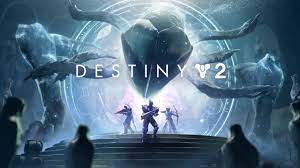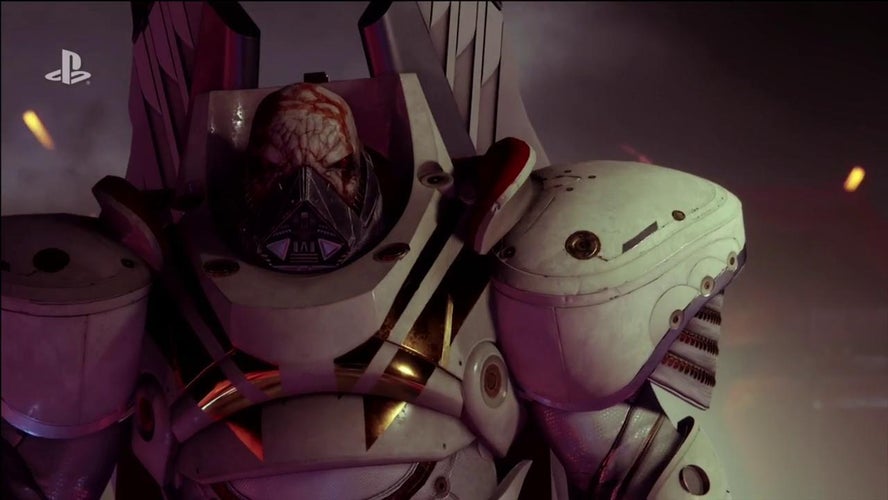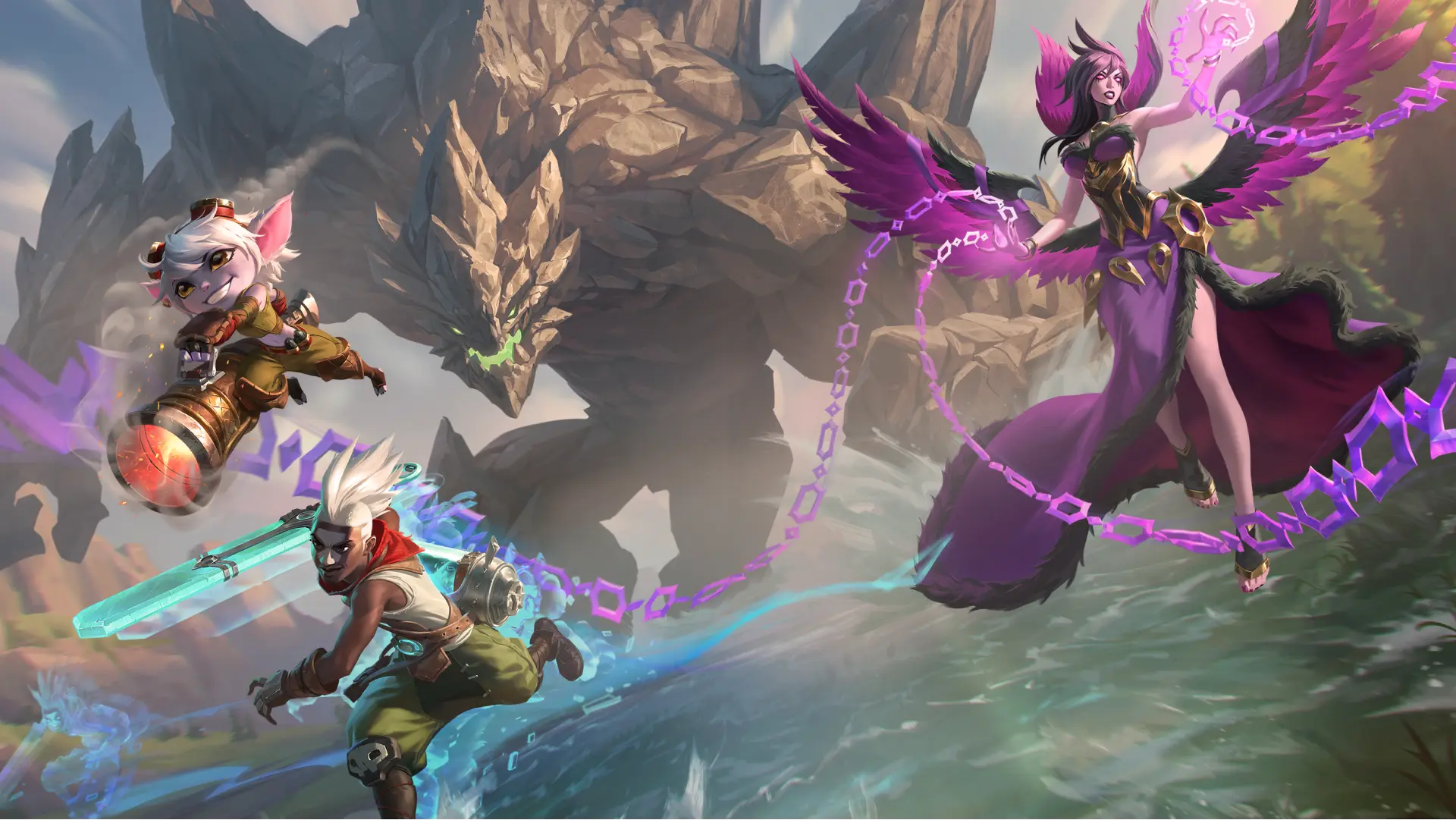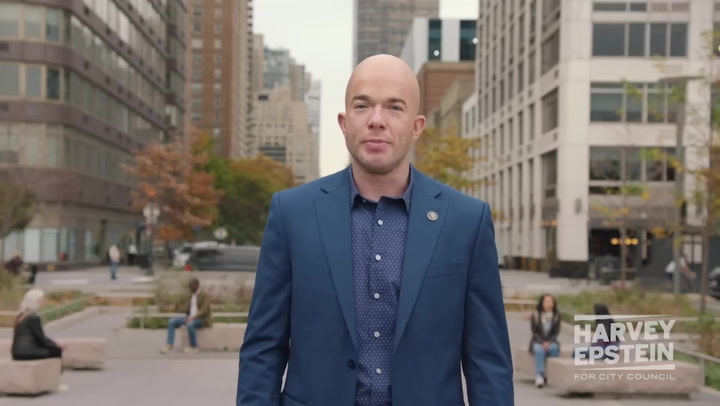
Bungie Faces Serious Allegations Over Plot Elements
In a surprising turn of events for the gaming community, Bungie, the renowned developer of the Destiny franchise, is embroiled in a lawsuit. Filed in early October 2024, the lawsuit by Kelsey Martineau, a Louisiana resident, asserts that the company unlawfully appropriated elements from his storytelling for its 2017 game Destiny 2, specifically the renowned Red War campaign.
The allegations specifically claim copyright infringement pertaining to the narrative similarities between Martineau's unpublished story and the Red War storyline of the game. Martineau, who used the pen name Caspar Cole while publishing his work, suggests that his story, which he posted online back in 2013-2014, shares significant character and narrative similarities with Bungie's creation.
Understanding the Lawsuit: Claims and Evidence
This legal dispute centers around several key points. The most critical aspect of Martineau's lawsuit is the assertion that significant thematic elements, characters, and plot points were appropriated without authorization. For example, Martineau's work features characters and factions that bear striking resemblances to Destiny 2's Red Legion and its central antagonist, Dominus Ghaul.
The lawsuit explicitly states, “Defendants have deliberately and intentionally copied the characters, storyline, and other protectable expressions from Martineau's works in the Infringing Game.” This bold claim underscores the seriousness of the copyright infringement allegations, suggesting that the distinctions between Martineau's characters and those in Destiny 2 are alarmingly narrow.
Specifically, the suit features comparative analyses that attempt to detail how both narratives present similar goals and character arcs, particularly highlighting that both share a theme of ambition and a desire for conquest. The juxtaposition between Martineau's Overlord Yinnerah and Bungie's Dominus Ghaul illustrates the lawsuit's central argument that diverging elements have merged too closely to be mere coincidence.
Impact on Bungie and the Gaming Community
The implications of this lawsuit extend beyond the courtroom. As Bungie continues to navigate a tumultuous business landscape—marked by operational layoffs and fan backlash—this lawsuit represents another hurdle the company is facing. If Martineau's case gains traction, it could lead to serious consequences for Bungie, including compensatory damages or alterations to how the company develops narrative content in the future.
Furthermore, this controversy raises essential questions regarding intellectual property rights within the gaming industry. As video games increasingly draw inspiration from various creative sources, the boundaries of originality in storytelling are being tested. This lawsuit might serve as a pivotal case study for future copyright disputes involving creative content in video games.
Bungie's Response to the Allegations
While the lawsuit was filed recently, Bungie has thus far refrained from making an official comment regarding the allegations. The gaming community awaits the company's response, which could significantly impact public perception of the development team and its ongoing projects.
Bungie’s recent history has seen an array of challenges, including restructuring and staffing changes. Their commitment to the Destiny series remains, as they have hinted at ongoing developments and a roadmap for future expansions.
The Red War: Background and Context
The Red War campaign is a cornerstone of the Destiny 2 experience. Launched in 2017, this narrative-driven campaign introduced players to the thrilling action and expansive world that the franchise is known for. In this story arc, players ally with other Guardians to battle the Red Legion, an invading force with lofty ambitions. The successful integration of story and gameplay has led to praise from both fans and critics alike.
Yet, with the advent of legal scrutiny, the game's celebrated origin story could soon be overshadowed by lawsuits and claims of dishonesty. As the gaming industry becomes more scrutinized for its creative processes, the resolution of this lawsuit will be essential for clarifying how far developers can draw from unprotected works without facing legal repercussions.
Conclusion: A Call for Caution in Creative Development
The lawsuit against Bungie serves as a reminder of the complexities inherent in creative industries, particularly in the realm of video games. As many developers strive to create unique and captivating narratives, the lines between inspiration and appropriation can blur. This case brings to light the importance of understanding copyright laws and ethical storytelling practices.
As the legal battle unfolds, the gaming community will be watching closely. Not only for the fate of Destiny 2's beloved storyline but also for the broader implications it might have on the future of creative expression within gaming.






.webp)

